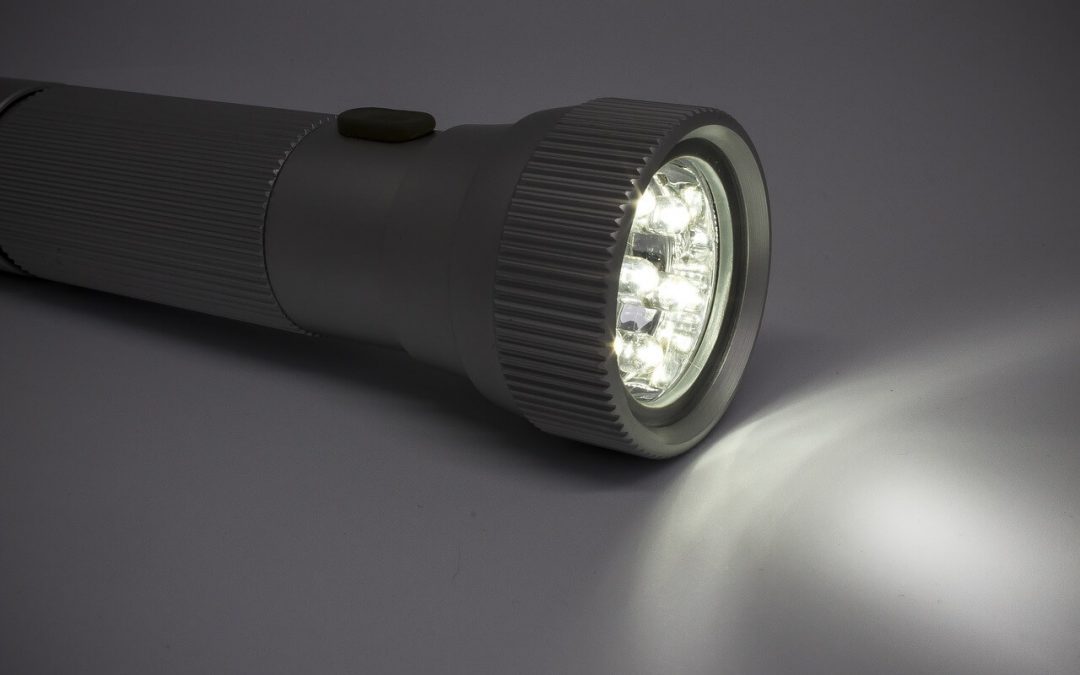Losing power is inconvenient, especially when you are unprepared. We use electricity every day to make chores and day-to-day tasks easier. It’s important to be ready in case the electricity goes out at your home. Here are a few tips on how to prepare for a power outage.
1. Be Informed
It’s helpful to know the areas affected by the power outage. In some areas, the local utility company will send text messages describing the cause of the outage and how long it will last. If it’s a planned outage, you’ll get notifications before the electricity goes out.
2. Make a Disaster Kit to Prepare for a Power Outage
Prepare a disaster kit beforehand so you don’t have to look for essential items when the lights are out. Put your kit in a storage box or a bag. Include flashlights, batteries, non-perishable food, can openers, and other survival supplies. Keep the kit in a place that is easy to access so you can easily find it when the power goes out.
3. Have Flashlights on Hand
During a power outage, the first thing that you’ll want is light. A flashlight helps you locate the other things that you need. Keep a flashlight available for each family member. Having their own light source helps children feel more secure.
Don’t only rely on flashlights as your only light source, though. Make sure you have candles and matches available as a backup. Other helpful light sources are rechargeable or battery-operated lamps. Keep enough batteries on hand to power the lights.
4. Purchase a Portable Generator
If the power outage is caused by a natural disaster, such as a hurricane, it might take a while before the power comes back. A portable generator is a great tool during a prolonged outage.
Depending on the size of your generator, you may be able to provide power to your refrigerator to save the food stored there. A smaller generator is enough to recharge your electronics and keep them running.
5. Invest in Solar Devices to Prepare for a Power Outage
Aside from owning a generator, prepare for an outage by investing in solar devices. Purchase a solar-powered charger for your mobile phone and tablet. Use solar-powered stake lights in the yard that can easily be carried inside to provide light after dark. Another useful solar device is a weather/emergency radio. With this, you can listen to weather reports and disaster alerts to stay informed.
6. Store Water and Non-Perishable Foods
Store enough non-perishable food and water for your whole family. Plan for approximately one gallon of water per person per day. Every month or so, check your stored food and make sure the products are still safely within the use-by dates.
7. Prepare for a Power Outage with a Plan
When the power goes out, make sure your family is informed and ready for the situation. Everyone should know where the flashlights are stored. Make a plan to meet in a specific room of the house so you can make sure everyone is okay and accounted for.
GoPro Home Inspections provides inspection services in Central Florida. Contact us to schedule an appointment.

